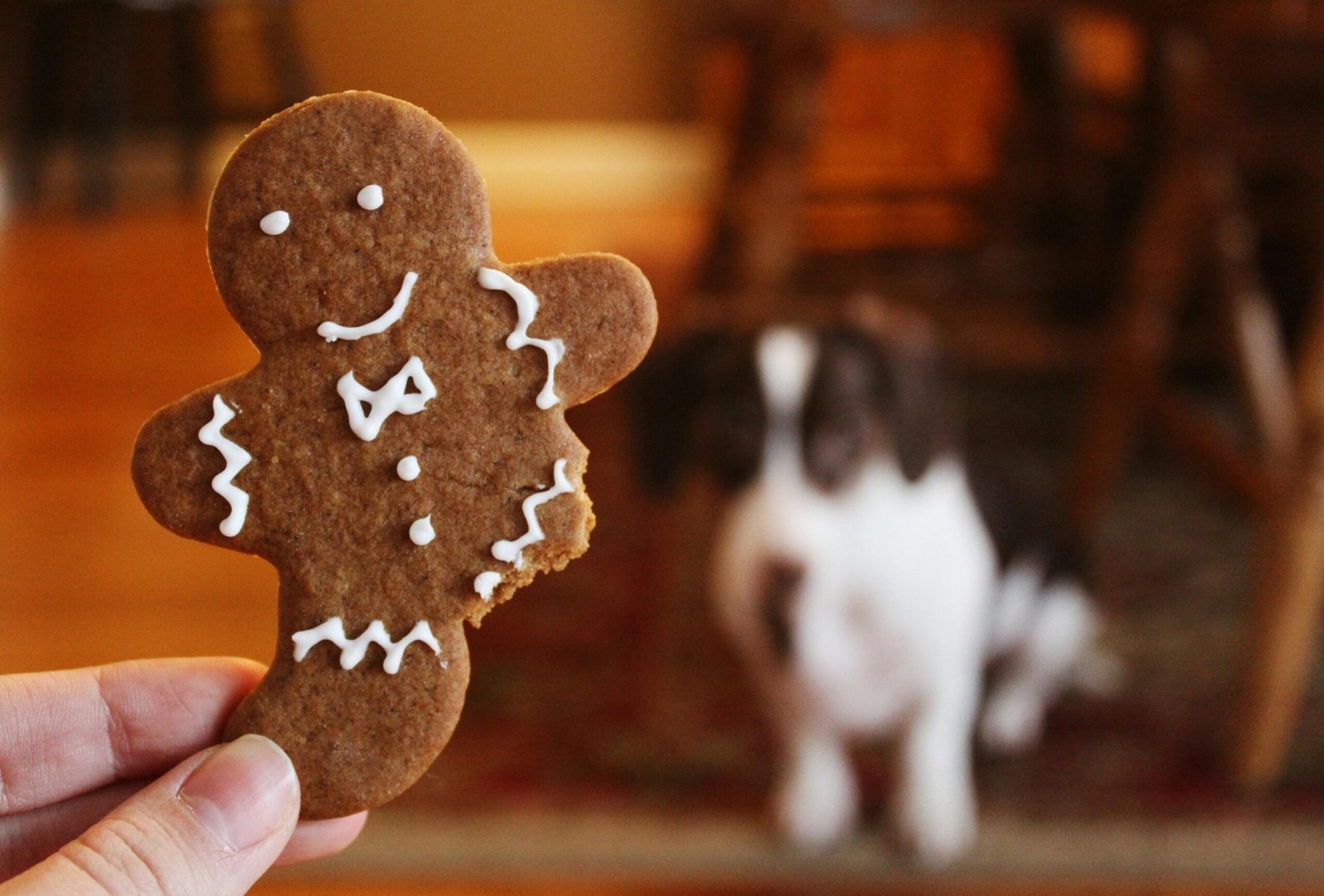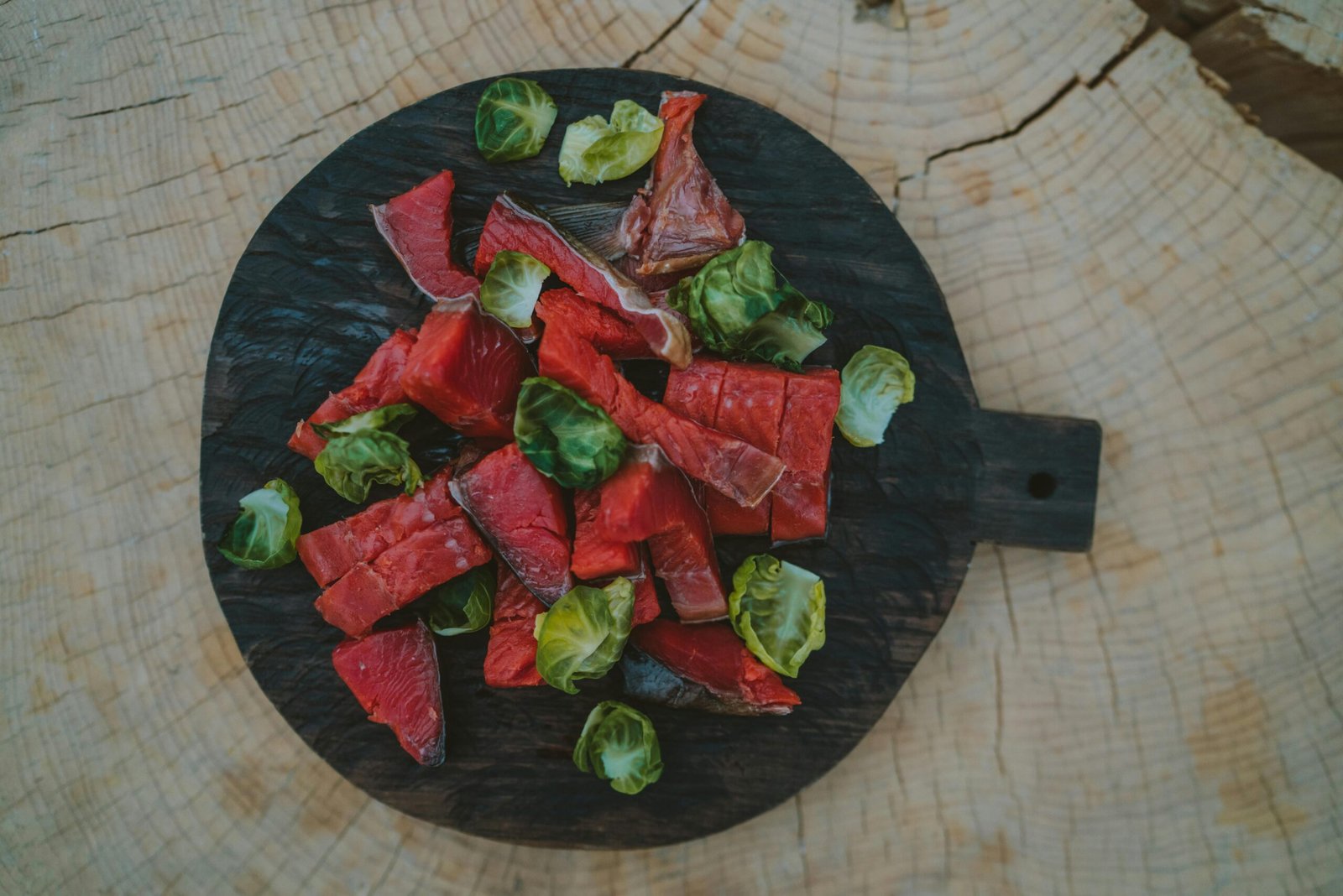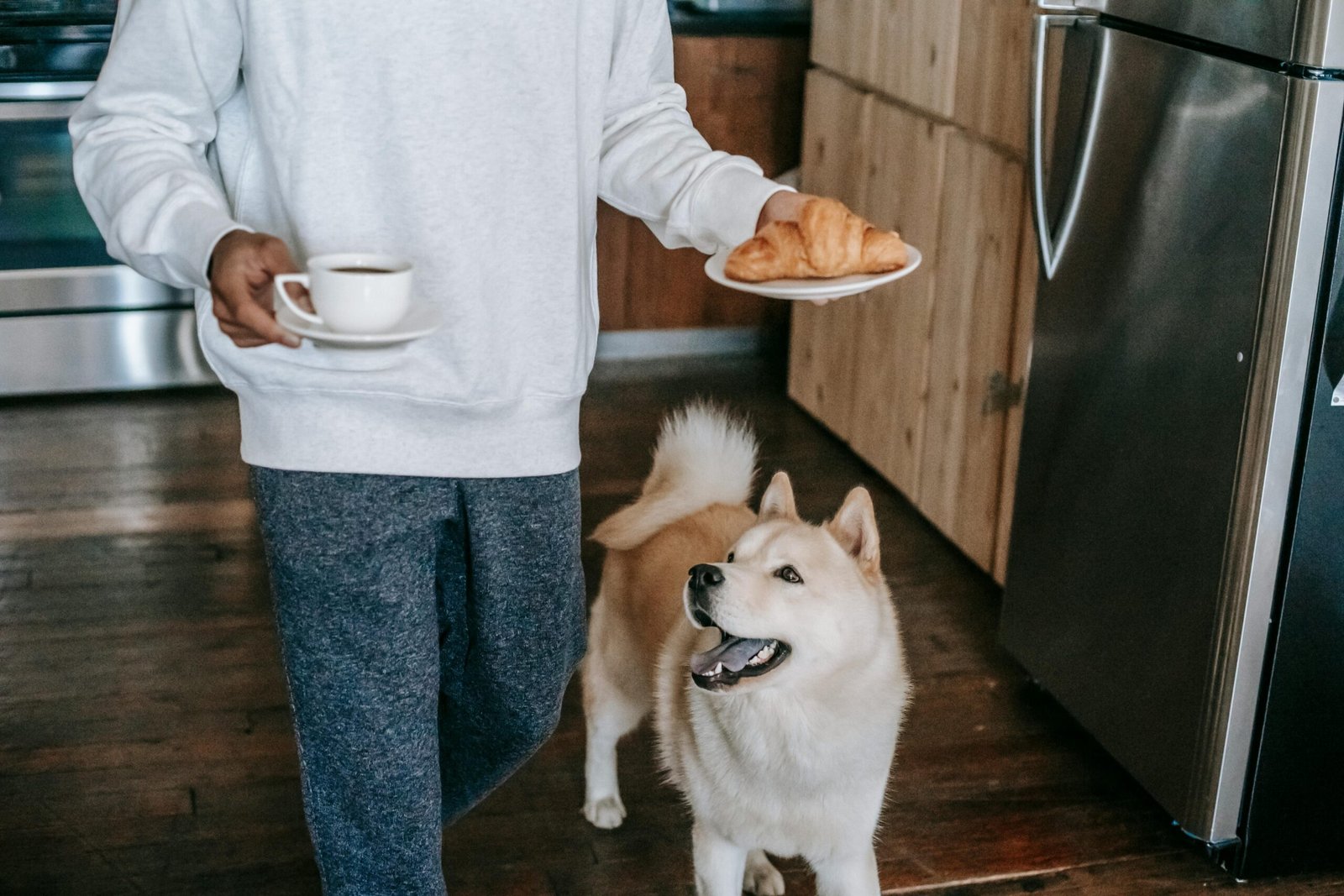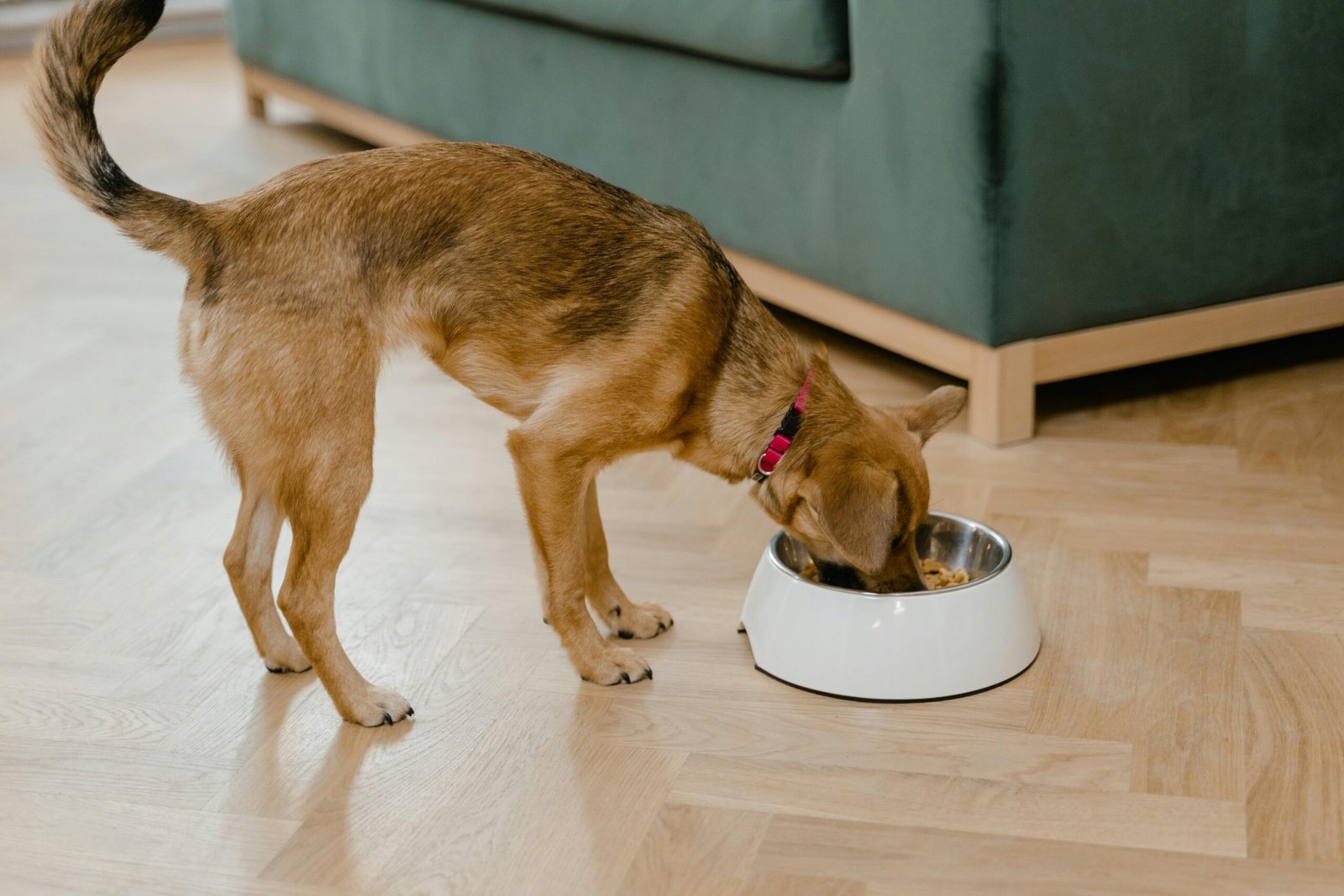How to Improve Dog Gut Health – Simple Tips for a Happier Pup
Estimated reading time: 8 minutes

Key Takeaways
- Up to 80% of a dog’s immune system is linked to their gut (VCA Hospitals).
- Signs of poor digestion include diarrhea, bloating, smelly stools, or low energy (Animal Emergency Service).
- A balanced gut microbiome helps absorb nutrients, fight harmful bacteria, and produce essential vitamins (Canine Kinetics).
- Probiotics reduce diarrhea, boost immunity, and help absorb nutrients better (AnimalBiome).
- Hydration, exercise, and stress reduction are key to maintaining gut health.
Table of Contents
- Introduction
- Understanding Dog Gut Health: Why It Matters
- Best Food for Dog Digestion: What to Feed (and Avoid)
- Dog Probiotics Benefits: Boosting Gut Health Naturally
- Additional Tips to Improve Dog Gut Health
- Conclusion: A Healthy Gut = A Happy Dog
- Frequently Asked Questions
Introduction
Your dog’s gut health is the key to their happiness, energy, and overall well-being. A healthy gut means better digestion, a stronger immune system, and even a better mood for your furry friend. In fact, up to 80% of a dog’s immune system is linked to their gut (VCA Hospitals).
But when something’s off, you’ll notice—diarrhea, bloating, smelly stools, or low energy are all signs of poor digestion (Animal Emergency Service).
The good news? You can improve your dog’s gut health with the right food, probiotics, and simple lifestyle changes. Let’s dive in!
Understanding Dog Gut Health: Why It Matters
Your dog’s digestive system does more than just break down food—it fuels their body, supports their immune system, and keeps them active.
The Gut Microbiome: Your Dog’s Tiny Helpers
Inside your dog’s gut are trillions of bacteria—some good, some bad. A balanced gut microbiome helps:
- Absorb nutrients better
- Fight off harmful bacteria
- Produce essential vitamins (Canine Kinetics)
When this balance is off (gut dysbiosis), your dog may face:
- Allergies
- Weight gain
- Low energy
- Frequent infections (AnimalBiome)
Keeping their gut healthy means fewer vet visits and a happier pup.
Best Food for Dog Digestion: What to Feed (and Avoid)

Top Digestive-Friendly Foods
- Pumpkin & Sweet Potato – High in fiber, great for regulating bowel movements (Animal Emergency Service).
- Lean Proteins (Chicken, Turkey) – Easier to digest than fatty meats.
- Prebiotic Foods (Chicory Root, Bananas) – Feed the good bacteria in your dog’s gut (AnimalBiome).
Comparing Dog Diets
| Diet Type | Pros | Cons |
|---|---|---|
| Kibble | Convenient, long shelf life | Low-quality kibble can be hard to digest |
| Raw Food | May boost gut health | Risk of bacteria (salmonella, E. coli) |
| Homemade | Full ingredient control | Needs vet guidance for balance |
Tip: If switching foods, do it slowly (over 7–10 days) to avoid upsetting your dog’s stomach. For more on pet nutrition, check out our guide on Healthy Diets for Dogs and Cats.
Dog Probiotics Benefits: Boosting Gut Health Naturally
Probiotics are live good bacteria that help restore balance in your dog’s gut.
Why Your Dog Needs Probiotics
- Reduces diarrhea (especially after antibiotics)
- Boosts immunity
- Helps absorb nutrients better (AnimalBiome)
Best Probiotic Sources
- Plain Kefir or Yogurt (no added sugar)
- Fermented Vegetables (in small amounts)
- Vet-Approved Supplements (look for Lactobacillus strains)
Warning: Avoid human probiotics—dogs need specific strains for their digestive system. For more on safe probiotic foods, see Can Dogs Eat Sauerkraut?.
Additional Tips to Improve Dog Gut Health

1. Keep Them Hydrated
Fresh water helps digestion and prevents constipation.
2. Exercise Daily
Movement keeps their gut active and prevents bloating. Learn more about Dog Fitness Routines.
3. Avoid Harmful Foods
- Greasy table scraps (can cause pancreatitis)
- Toxic foods (chocolate, onions, xylitol)
4. Reduce Stress
Anxiety can upset your dog’s stomach—try calming treats or routines. Explore Pet Mental Health Tips for stress relief.
Conclusion: A Healthy Gut = A Happy Dog
Improving dog gut health isn’t complicated—just focus on:
- Digestive-friendly foods (pumpkin, lean proteins)
- Probiotics (yogurt, supplements)
- Hydration & exercise
- Avoiding harmful foods
If your dog still has digestive issues, consult your vet (Autumn Trails Vet). For emergencies, review our Pet First Aid Guide.
Got tips for dog gut health? Share them below!
Frequently Asked Questions
- What are signs of poor gut health in dogs?
- What are the best probiotics for dogs?
- How should I transition my dog to new food?
What are signs of poor gut health in dogs?
Common signs include diarrhea, bloating, smelly stools, low energy, and frequent infections. If symptoms persist, consult your vet.
What are the best probiotics for dogs?
Look for vet-approved supplements with Lactobacillus strains. Plain kefir or yogurt (no sugar) are also good natural sources.
How should I transition my dog to new food?
Transition slowly over 7–10 days by mixing increasing amounts of the new food with the old to avoid digestive upset.
